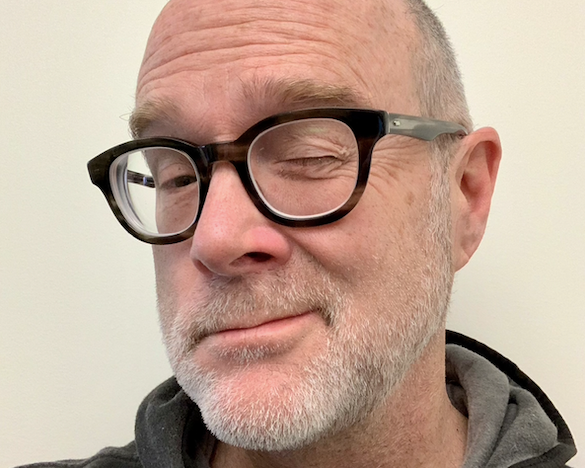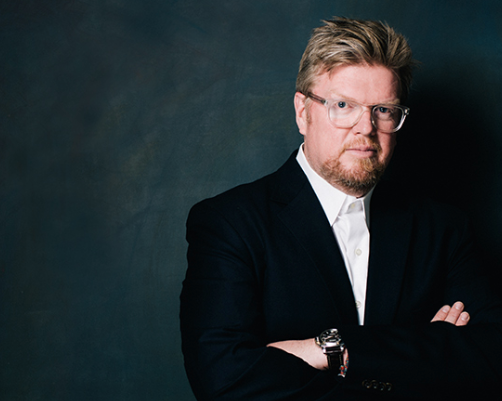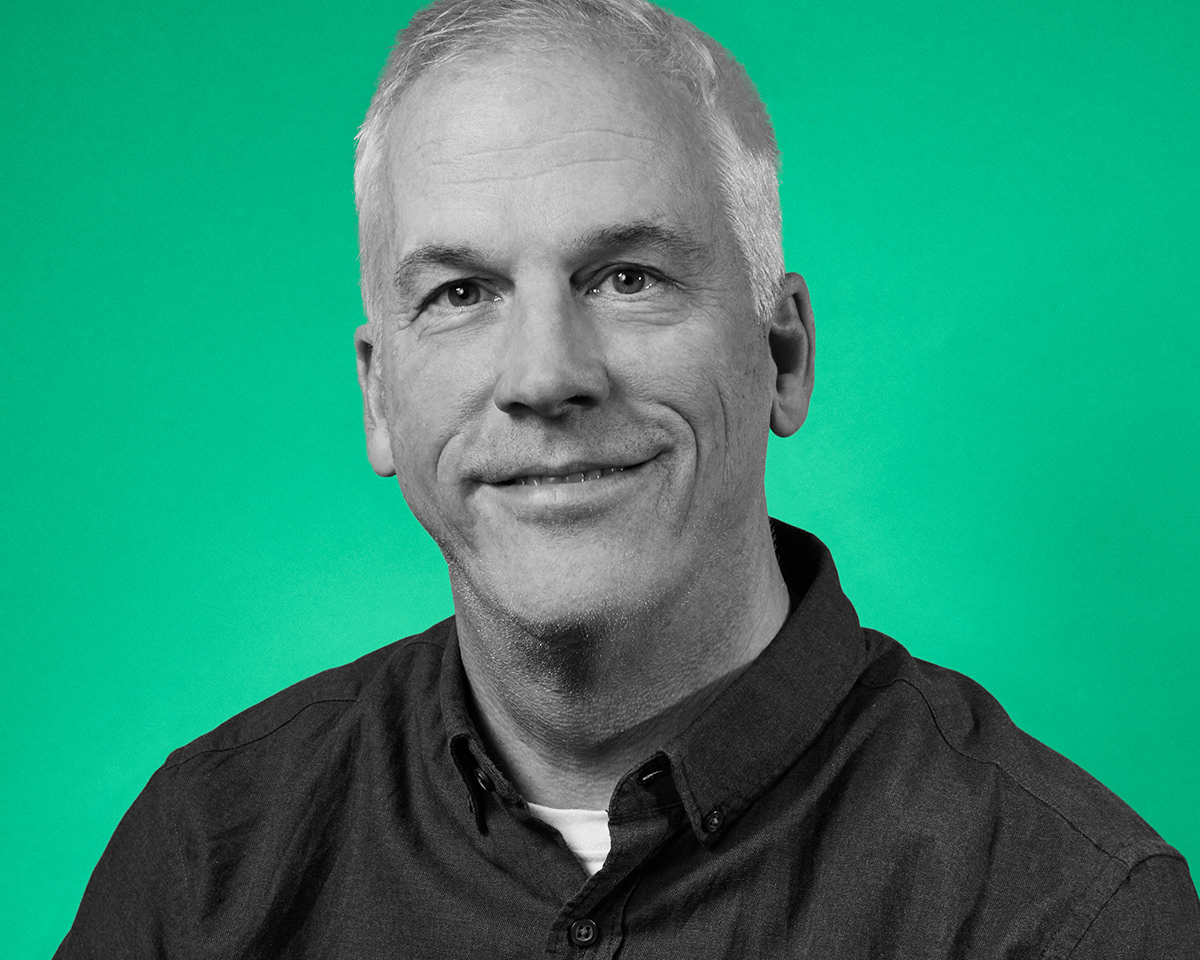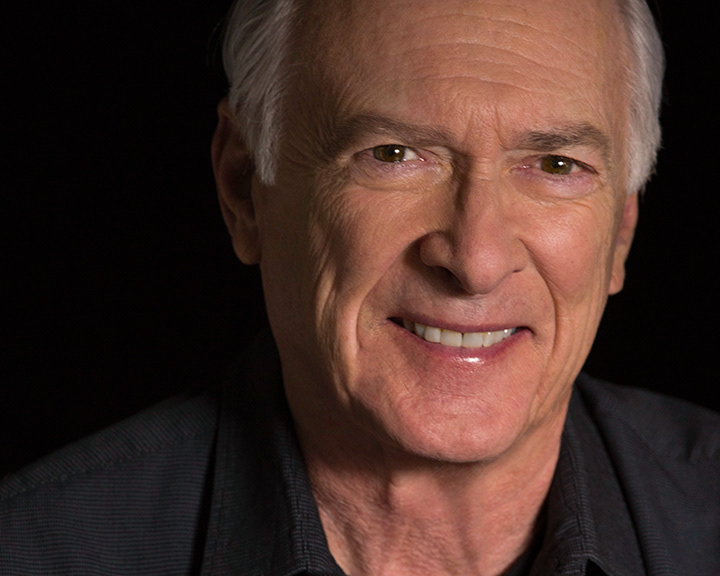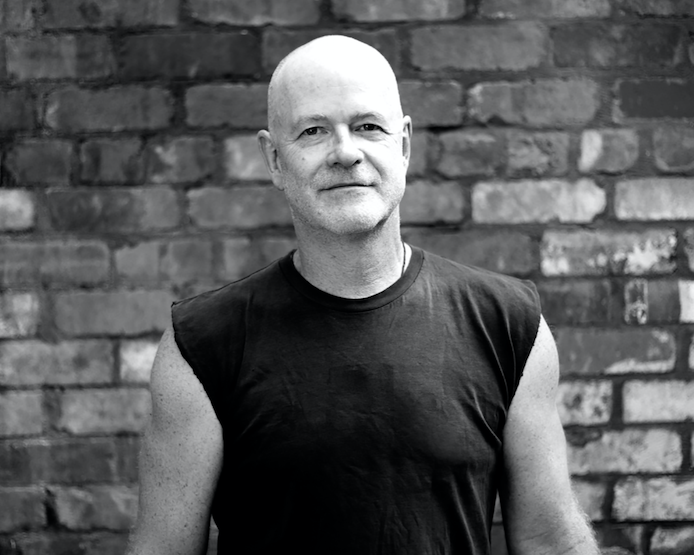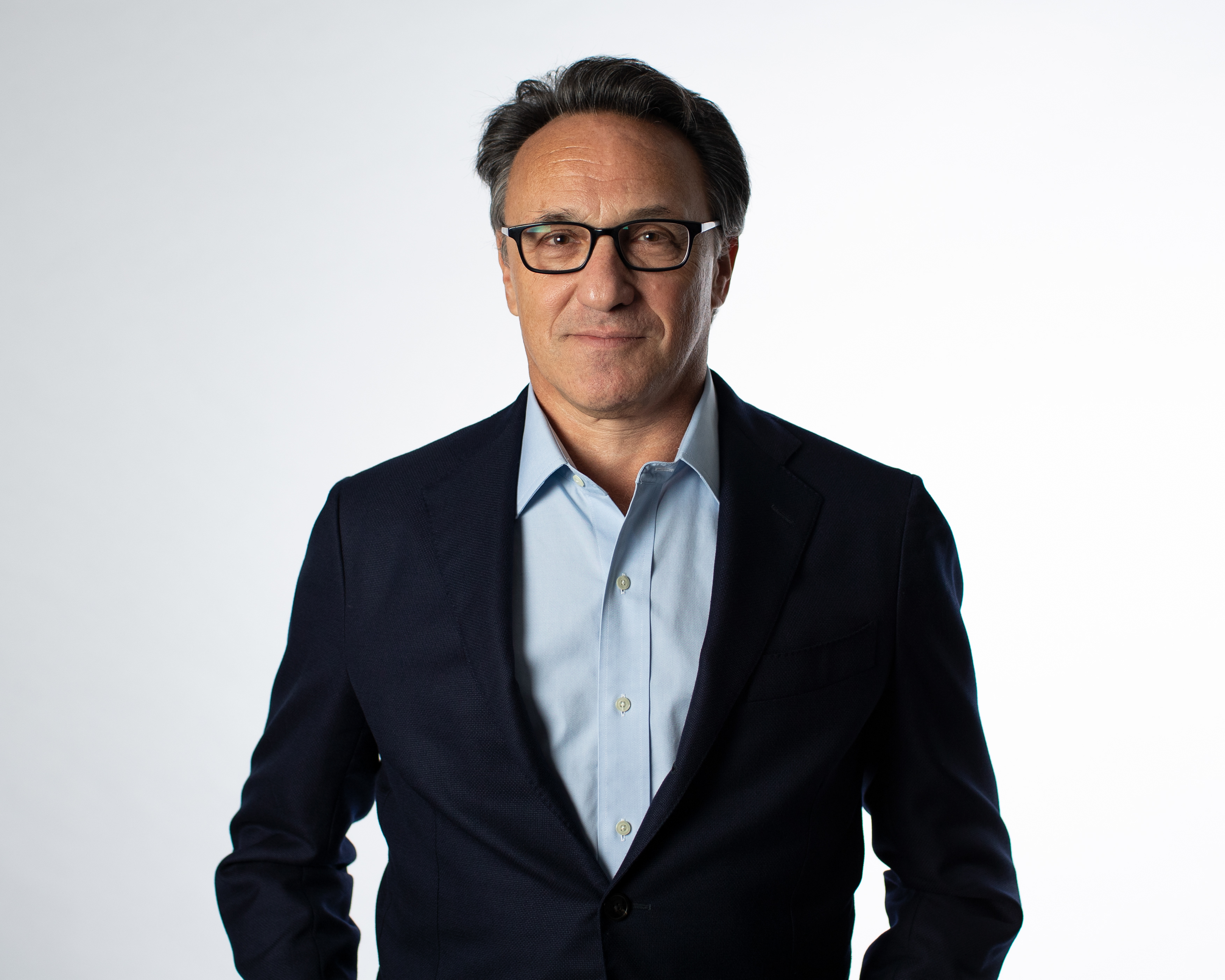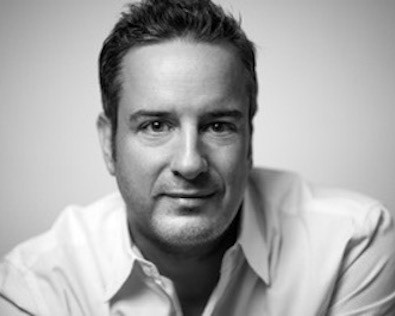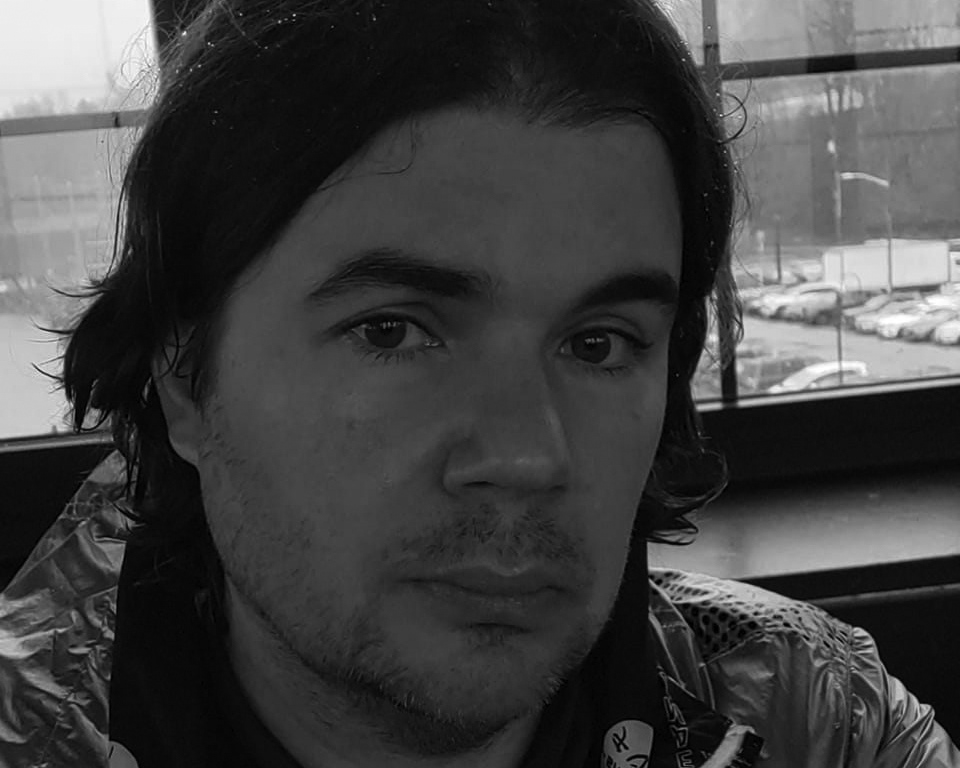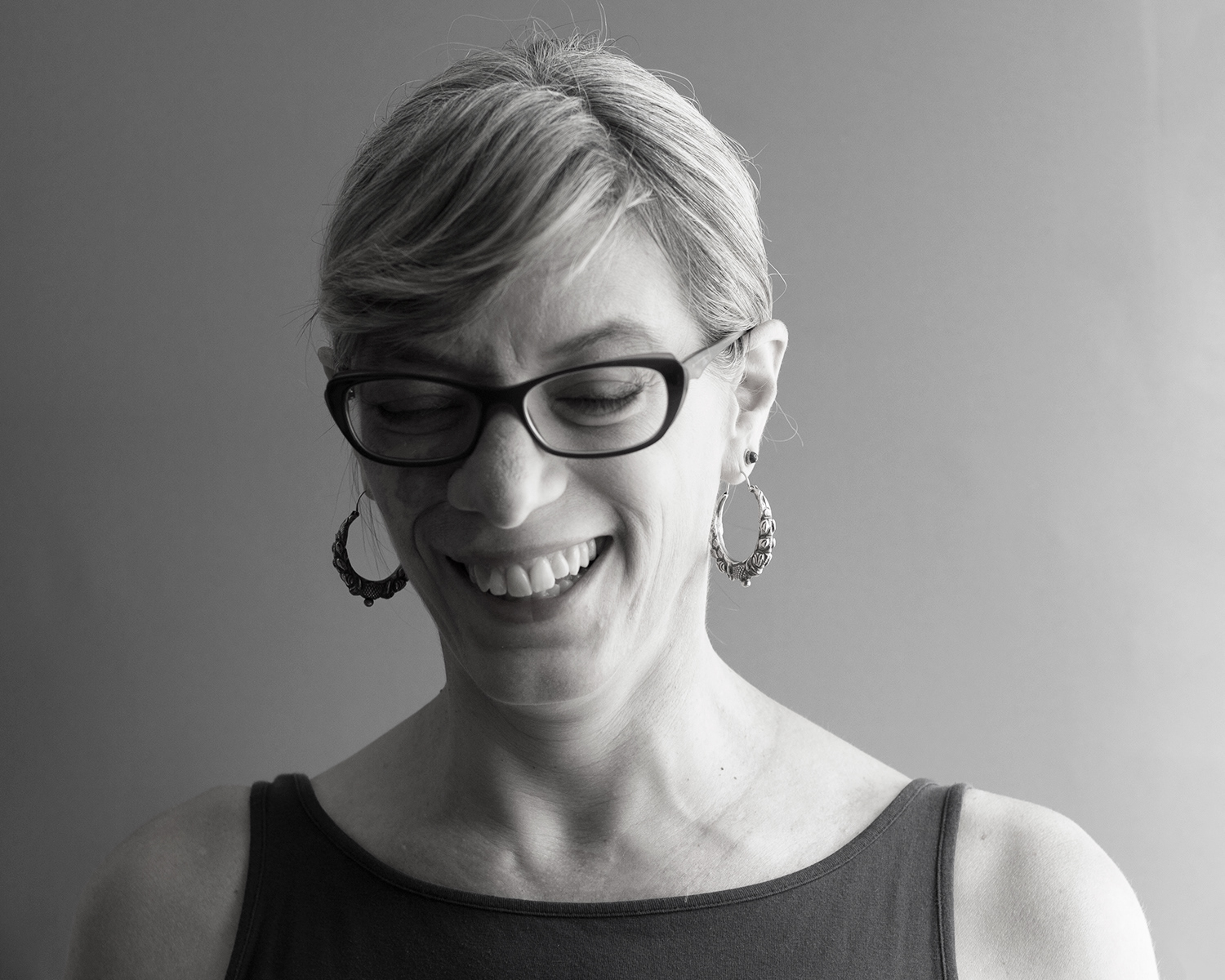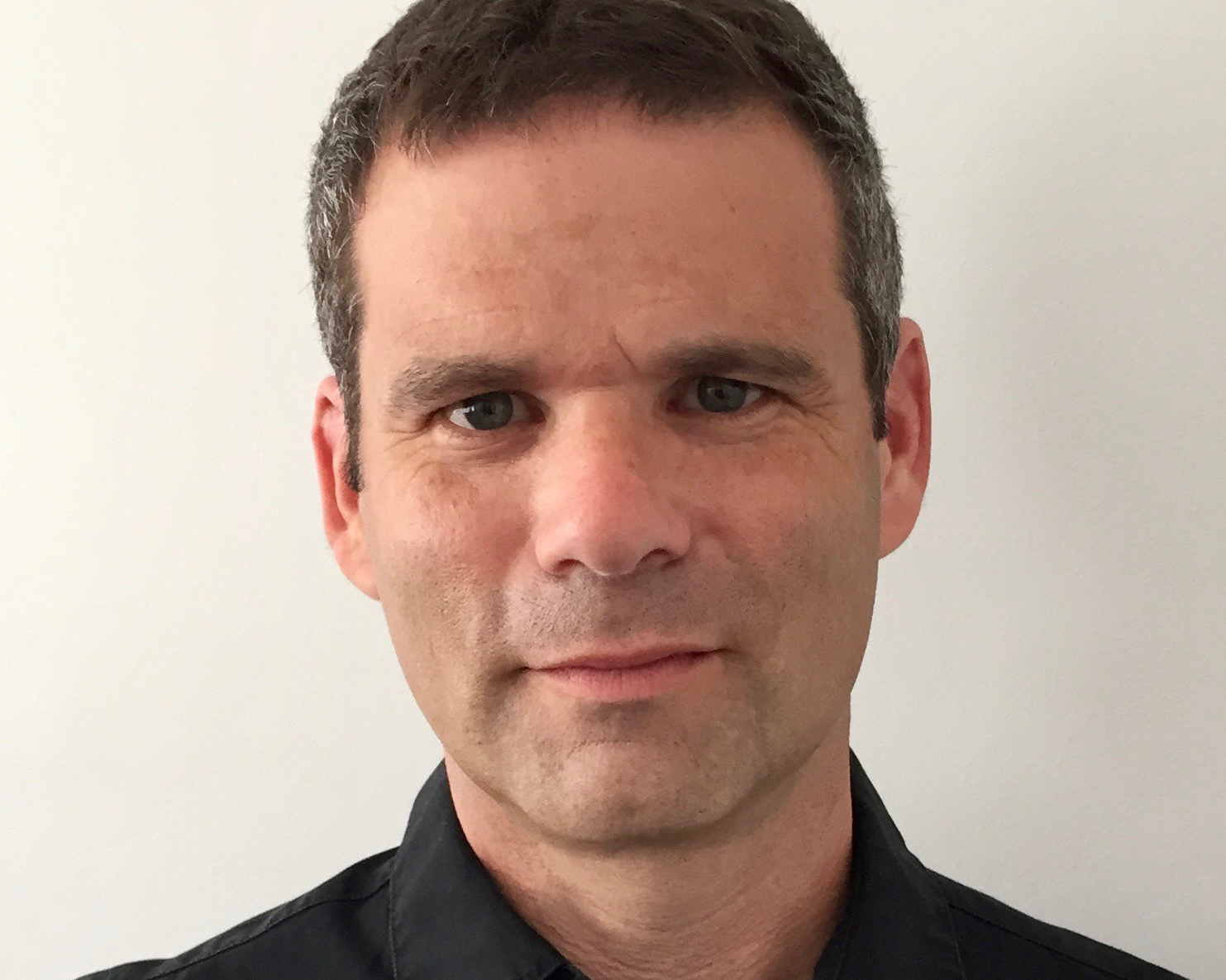Lee St. James isn’t just a cool name worthy of a soap opera character. It’s also the name attached to one of the most accomplished people in the advertising business. If it can be done in advertising, Lee has crossed it off his bucket list: Won awards? Check. Opened his own agency? Check. Reinvented his career multiple times? Check. Won the $100,000 Grand ATHENA for best newspaper ad of the year? CHECK. Lee has over 20 years of creative excellence under his belt, many spent in the health and wellness space. He’s launched brands and created icons all the while being honest about what he knows and doesn’t know. Lee has been called by clients a ‘good listener’ which puts him in a rare category indeed.
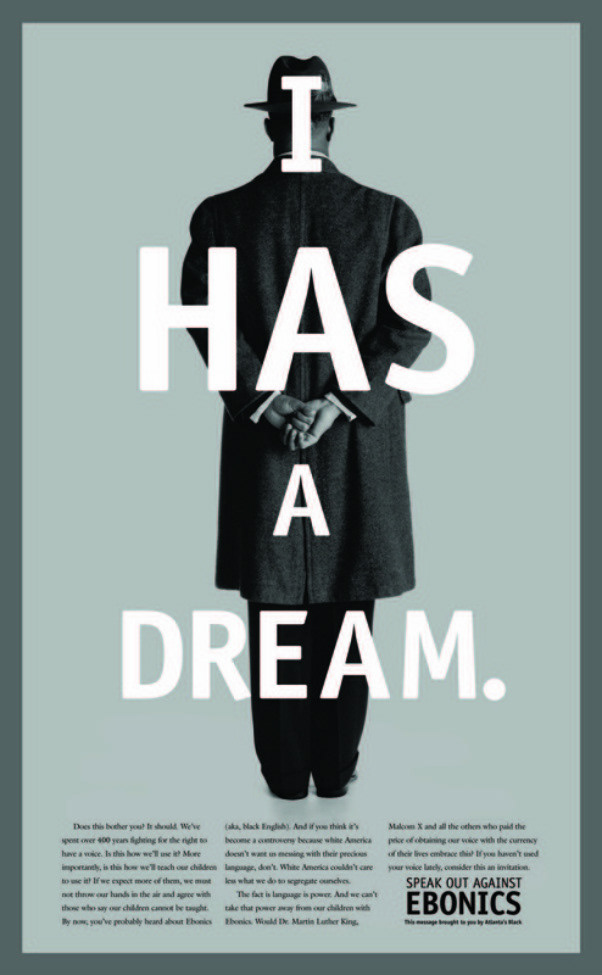
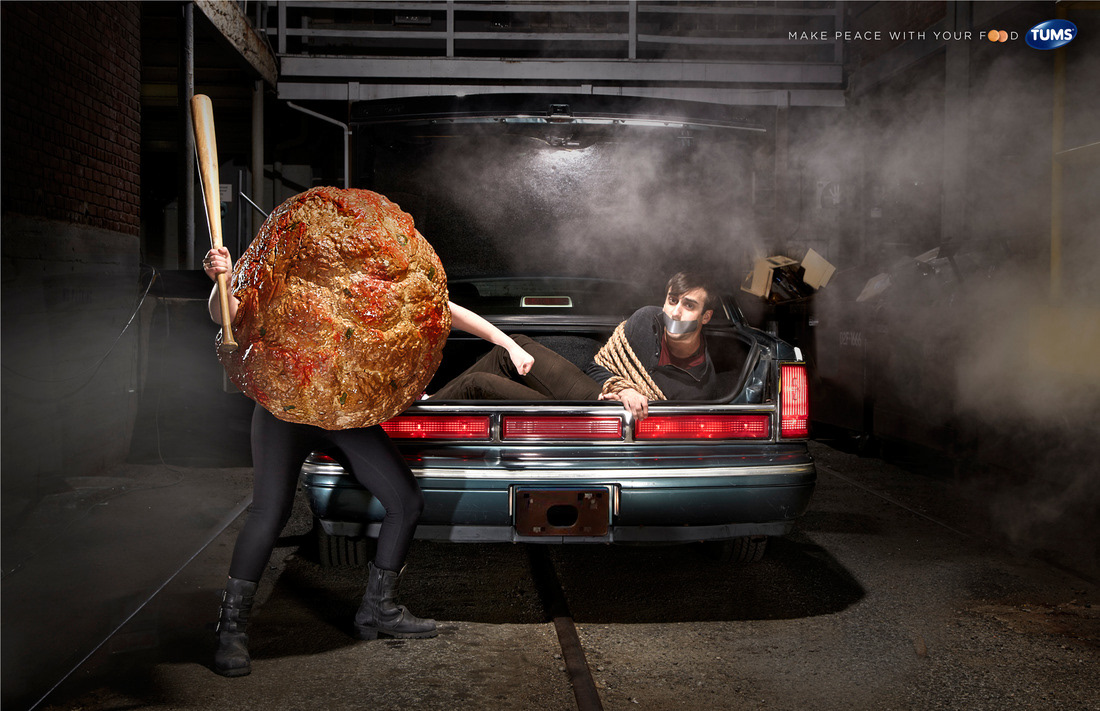
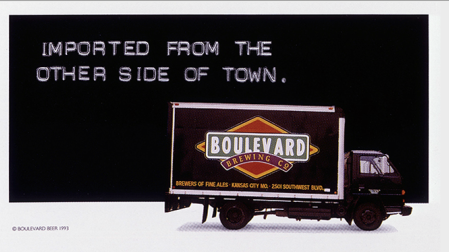
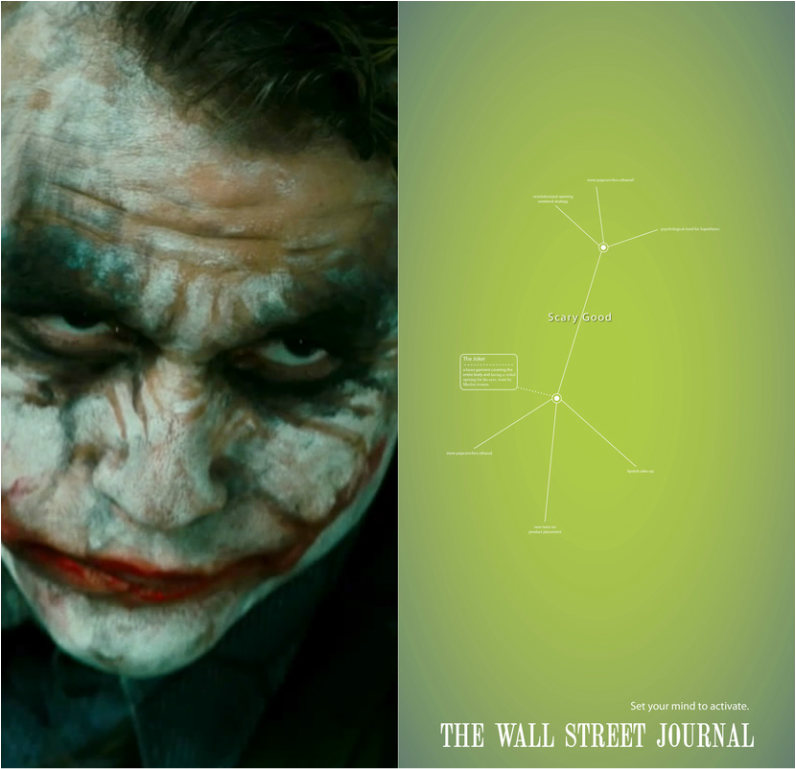
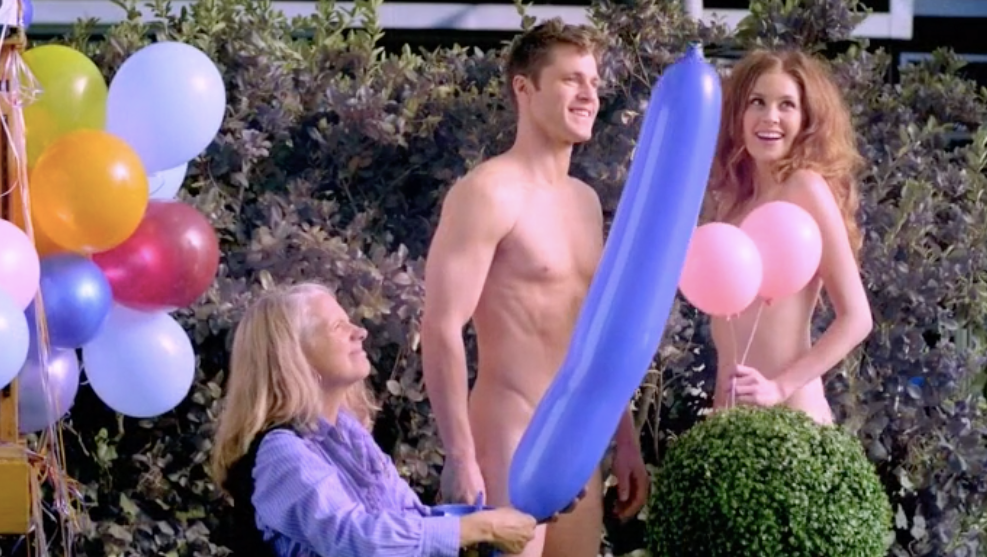
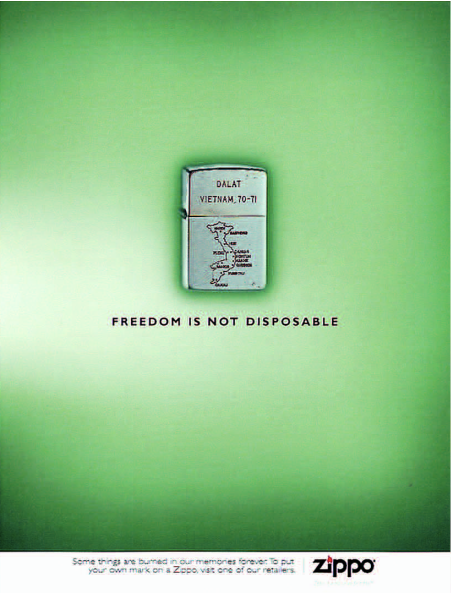
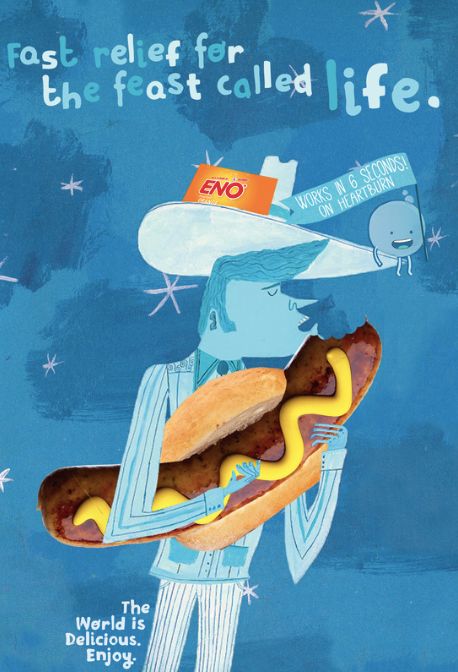
Is ageism in the industry something you thought about in your 30s?
Only in as much as I knew I didn’t want to wind up being a 40-year old art director. Which I knew wouldn’t happen since I was actually only an art director for about a year in Richmond with Ford & Westbrook before being offered and accepting a CD position at a teeny agency in Georgia. I set out fairly early on a different path from some of my friends and contemporaries, like Luke Sullivan and Cabell Harris.
In my 30s I spent a lot of time in small to medium sized agencies in the South and Southwest, which taught me a great respect for good strategic thinking and great briefs and most importantly, how to do big things with little to no money.
Tom McElligott, Tom Monahan and Dave Trott were huge influences on me. McElligott was once quoted saying, “creativity is one of the last remaining legal means you have to gain an unfair advantage over your competition.”
And boy was I a believer, because I was living and breathing it, making and seeing that great work could be done outside of NYC.
Your 40s?
Well, I wasn’t a 40-year old art director, but that didn’t alleviate my concerns about aging out. I had inherited the Pittsburgh office of Ketchum Advertising from Bob Kuperman at OMNICOMs TBWA\Chiat Day. A year or two later we sold out and that is when I decided it was finally time to head to New York and Saatchi & Saatchi. It wasn’t until I was here did ageism really become apparent and start to rear its head.
"...it was an almost irrational fear that someday I wouldn’t be able to support my family. So, for me, ageism was actually a motivator."
Is ageism something that’s affected you?
Yes and no, for me it was an almost irrational fear that someday I wouldn’t be able to support my family. So, for me, ageism was actually a motivator. Along with a hatred of complacency I used it to push myself to stay relevant and valuable to my agencies.
I did begin to see it actually come in the room and start tapping people on the shoulder with a request to head up to HR, many of those people never to be seen again. Good people, talented people, but most often people who didn’t care so much about the business of advertising as opposed to the advertising business.
"Rather than age out, one gets tapped out because 'you are just too expensive,' 'it's just business, I’m sure you understand?'"
What are some of the challenges you faced as a person who was getting older in the business? Do tell.
I have been incredibly lucky. Even when I’ve had to take that short walk to HR, I’ve bounced back very quickly. I attribute that to a combination of doing good work and working with great people.Words of wisdom here: "Work with great people”. Find the best copywriter in the building and work with them. Or vice versa with ADs.
The real challenge for me and many of my contemporaries has been renumeration and the salaries that often accompany years spent in the business. Rather than age out, one gets tapped out because "you are just too expensive," “it's just business, I’m sure you understand?”
This is where one has to be realistic regarding what your goals are and how to achieve them. Where the business of advertising really begins to come in to play.
I’m not that cool anymore, but I am smart. I do know people and I understand clients. I know how to listen. And I have evolved. If I was going to say anything to any creative would be learn when to shut the fuck up and listen, actively.
If you listen to what people are actually saying or asking for, you will learn the answer and then you can figure out how to creatively solve the problem.
Did the reality of the ad industry contribute to the decisions you made/the path you’ve taken?
See above. And yes, they did contribute to the path I am on today.
What are your thoughts on where you are now, as you look back on your creative journey?
I am still on my journey and have no intention of stopping.
When I look back, and recall my creative journey… I started as a sculptor with an MFA in Sculpture from VCU. I put myself through school as a designer and illustrator, mostly for publications.
I was in Richmond working for a little rag where Luke and Cabell used to place their pro bono and small client work that they would go on to win many, many ONE SHOW pencils for. I knew nothing about advertising, but I knew some of that work was great and it looked a lot more fun that what I was doing “pasting up the book” at midnight on Saturday night.
I’ve always known I would be a maker. I liken making ads to making sculpture because in sculpture one of the biggest challenges is how to make something stand up and not fall over. For me, that’s what great strategies and unique insights do, help things stand up and not fall over.
Now, I am still lucky enough to be employed, but I am working a great deal in consumer health and wellness. I’ve always worked in heavily regulated sectors, Finance, Liquor, OTC, Pharma, etc., all those “hard” clients have kept me working and still doing good stuff.
I am working closely with a few close partners on new projects, slightly outside of advertising, a feature-length documentary and a network for people with diabetes called A1cTV, “Community TV for the Diabetes Community” with good friend Marc Lucas.
What do you feel creative people over 50 can offer over someone 20 years their junior, things that are unappreciated, or just plain overlooked?
It is a two-way street isn’t it? Smart people learn every day. Smug, self-satisfied individuals whether 25 or 55 likely won’t survive this business. Much less ever wind up talking to each other, but yes is the short answer. Opinions are like assholes, everyone has one. Wisdom though is a different thing. Getting to the point where you are someone respected enough to be listened to is earned. I find lots of younger folks can see that the old men and women are getting their ideas sold, and they realize it's not because they are hacks, it's because they know what they are doing.
The smart ones seek you out. Trying to tell them anything is impossible, show don’t tell.
"It is not going to get an easier. If you are having a hard time now, get out."
What is your advice to people who are nearing or over 40 in the ad industry?
It is not going to get an easier. If you are having a hard time now, get out.
How are you approaching the next 10 years?
As mentioned above, I am leaning into longer form content. And if that doesn’t work out, I have an application on file to be a greeter at Walmart.
What does your future hold?
Death at some point. I also have 5 kids and almost 5 grandchildren, I wouldn’t mind seeing them more often, which brings me to another word of wisdom, don’t give up your life for this business. Martin Sorrell doesn’t give a shit about you.
What’s one thing the industry could do to make you think they are taking combating ageism seriously?
The good news is I think we are becoming a bit more enlightened and sensitive to these types of life issues, whether it is pay equity, gender, race and, yes, ageism. No, I am not naïve, I know we have a long, long way to go. But we are talking and that is the first step. We are by very definition communicators, so let’s keep communicating. And don’t just stand up, to management when you see wrong doing (although very much do so, but be proactive and take the ideas to help them get out in front of these problems.)
Regarding age specifically, for the most part, 20-year-olds cannot write about the things that 50-year-olds care and think about they often simply don’t have the lexicon any more than we do theirs. That said, curious people can always find a way. Respect each other.
What do you see as potential solutions for ageism in the industry?
I am not a big fan of legislating answers to problems, but just as with the civil rights movement (and how long that has taken to make the progress we made thus far) age is not a factor for qualification to do something creative or with your mind. We have a responsibility to ourselves and to society to use our voices to bring about change.
The law, medicine, you don’t age out, you often gain more value. Reminding management how many 50 plus year-olds constitute “the audience” these days probably is not a bad thing.
Any thoughts on possibly unionizing?
I’m not smart enough to answer this question, the one thing I do still believe in though is talent. It’s a meritocracy, not a democracy.
What are some positive things you’ve experienced as you’ve grown older in the business?
I have gotten to see the world. I long for these younger creatives to have the same kinds of experiences I was able to have. I see far too little regard for craft and quality in the name of scope and so few billable hours, or just shoot it with your iPhone, not that that is not a viable option for the right idea, just make sure you are selling IDEAS, not time.
Who do you look to for inspiration?
Literally, everything. If I had to name one person, the Notorious RBG.

